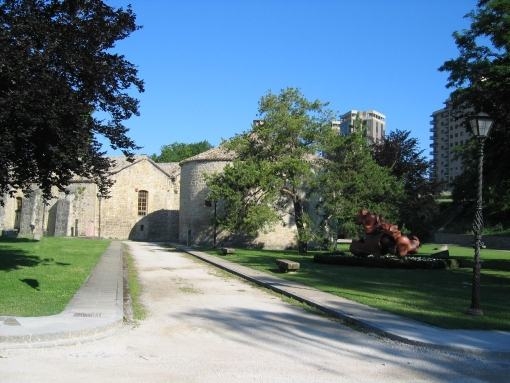Resisting population PK, the story of P-gp inhibition and co-administered chemotherapy.
Dinesh de Alwis1, Sophie Callies1, James Wright2, Leon Aarons3 and Micheal Burgess1
1Eli Lilly & Company, Windlesham, Surrey GU20 6PH. UK, 2Aztra Zeneca, Experimental Medicine, Cheshire, SK10 4TG, UK, 3School of Pharmacy; University of Manchester; Manchester M13 9PL; UK
Multidrug resistance is an ongoing barrier for the effective treatment of cancer patients. P-gp is a significant contributor with respect to multidrug resistance. Despite the fact that this protein was identified in the 1970’s and many clinical P-gp inhibitors have been identified, the use of these agents in cancer patients has never been proven. Part of the limitation has been excessive toxicity when co-administered with chemotherapy and therapeutic doses which inturn may have resulted not only from a pharmacodynamic effect but also from a very profound pharmacokinetic interaction. Many P-gp inhibitors have failed in combination due to inadequate mechanistic understanding of the contribution of both P-gp inhibition and cytotoxic chemotherapy to the overall therapeutic effect. By using a more mechanistic PK model it is possible to balance more appropriately the PK interaction and potential toxicity to the PK. The development of a 3rd generation P-gp inhibitor Zosuquidar.3HCL illustrates the potential utility of these techniques. The development of Zosuquidar.3HCL from phase I to POC will be discussed as an example of prospective use of a population pk/pd approach.
